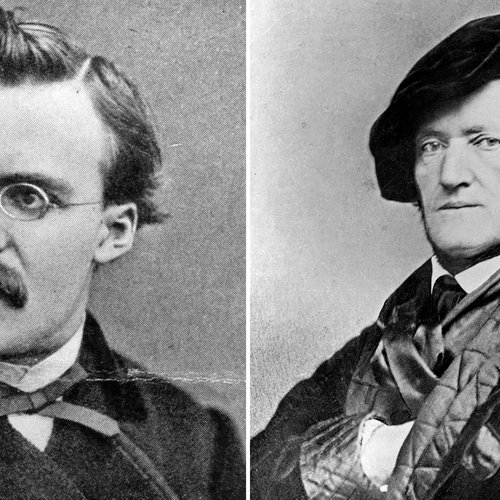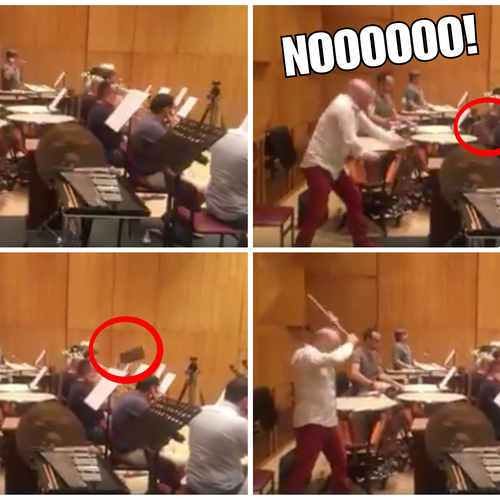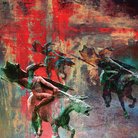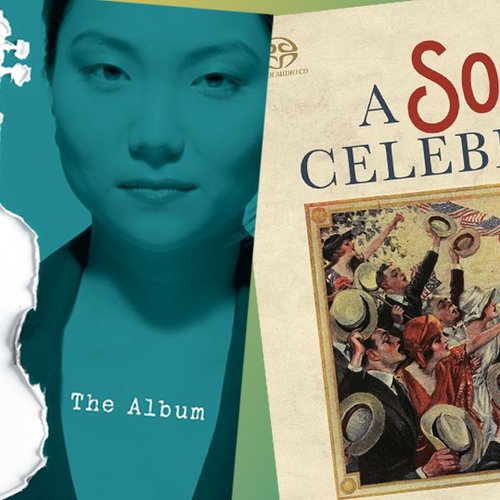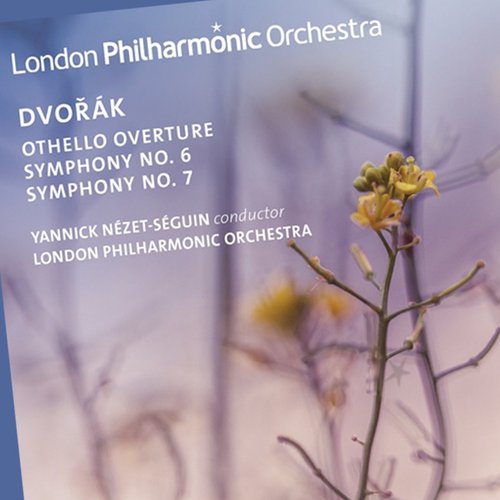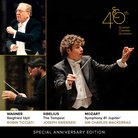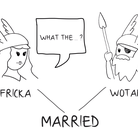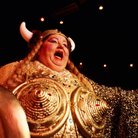Wagner - Parsifal
Richard Wagner's three-act musical search for the Holy Grail was his last completed opera, finished in April 1857 after 25 years of working on-and-off.
Known as a boundary-breaking composer, it's perhaps no surprise that Wagner's opera Parsifal isn't an opera at all. Or, at least, that's not how the composer himself described it: he preferred it to be known as 'ein Bühnenweihefestspiel', or 'a festival play for the consecration of the stage'.
Wagner first read the poem by Wolfram von Eschenbach, Parzival, in 1845 while on a break in Marienbad, where he conceived two other operatic masterpieces, Die Meistersinger and Lohengrin. After an eight year break, he took up the challenge of writing a Parzival-inspired opera once more, and conjured up a draft of the basic plot and themes, but laid the project to rest and took up writing the epic Ring Cycle. Understandably, this 15 hours of music took up much of his time, and it wasn't until 1876 that Wagner found the time to explore his kernel of an idea, and the music was finally completed in 1882.
In a typically over-the-top Wagnerian fashion, Parsifal was performed at Wagner's purpose built opera house in Bayreuth in 1882, and banned everywhere else. When it was finally ruled that the opera could be performed in America, Wagner's wife Cosima disallowed anyone involved in the New York performance from working at Bayreuth in the future.


